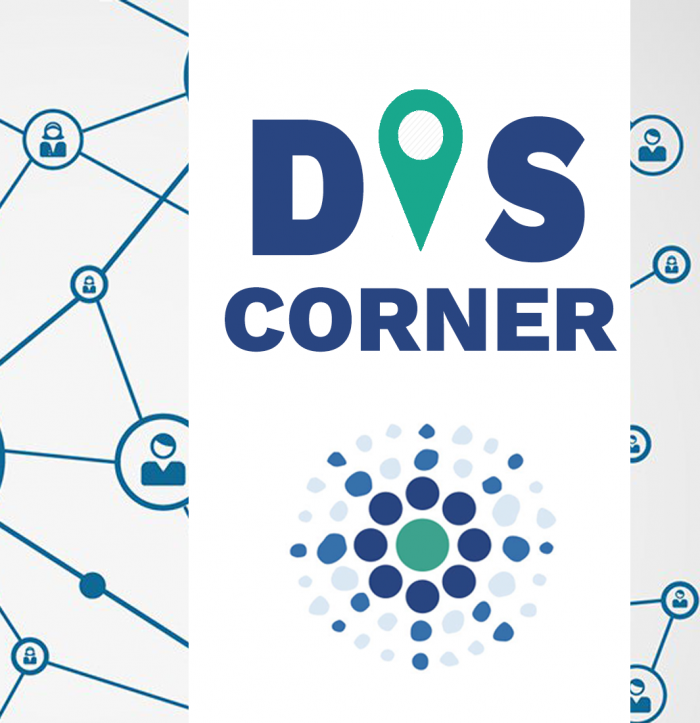DIS Corner Reflections from STD Engage 2019 – Ana Garzon, Florida
A blog featuring Ana Garzon, a DIS from the Florida Department of Health in Tampa. Ana was one of the DIS Engage scholarship winners from STD Engage 2019.

What did you enjoy most about STD Engage?
What I enjoyed the most about STD Engage was the atmosphere and the empowerment that I felt during the four days. Each session allowed me to further educate myself and see what other people like me are doing in their respective health departments, which motivated me to absorb as much as I could to be able to take it back to my local health department. I also enjoyed the conversations that were being had and how people were not afraid to bring to light the statistics and how STDs are truly an epidemic. Many times, we only hear about the good being done and how we are “fixing” things, but we don’t hear about the reality and the challenges people like DIS face when it comes to field work and trying to get patients the proper treatment.
What’s something you learned at STD Engage that you plan to put into practice in your work?
One thing that I learned while at STD Engage was how some DIS are doing extragenital testing for gonorrhea and chlamydia instead of only urine testing, which helped to bring more individuals to treatment than just with urine alone. On occasion, our team was only doing throat swabs for those who were trained on them, but mostly extragenital testing was only being done by the clinical staff. Also, I learned about different testing initiatives and other ways to set up screenings to better reach the target populations we are trying to serve.
In light of your work experience and what you learned at STD Engage, what do you think are the biggest challenges faced by DIS?
Part of the challenges faced by DIS is the pay, as well as a lack of understanding of what it is that DIS do. Many times, we hear that if a patient comes through our clinic and the clinical staff don’t believe that the patient needs an interview then we will not get a call to interview that person at that moment and we must try to locate them later. Pay is also a big challenge for many DIS as it is a stressful job that can at times be intimidating and scary. Combining that with the lack of communication between the clinical side and the DIS, this can create a lot of stress and a lot of dissatisfaction with the job. There is always a high turnover among DIS and I believe that much of that is due to feeling as if we are looked down upon or not taken seriously, which some can say is reflected in our pay in many, if not all, parts of the US.
Meet Ana
Ana Garzon is a DIS in Tampa, FL where she was born and raised. She attended the University of South Florida where she received a Bachelor of Science in Public Health, with hopes to return for her Masters. She has been a DIS since March 2018. When she took this job, she had a small understanding of what DIS do but there was a steep learning curve. She knew the prevalence of some STDs, such as gonorrhea and chlamydia, but she had no idea that she would be battling syphilis and giving people their HIV diagnosis. Throughout the last 9 months, she has learned and is still learning how important DIS are for health departments and why we need DIS to help educate and empower people to take charge of their sexual health and help motivate everyone to make healthier choices.